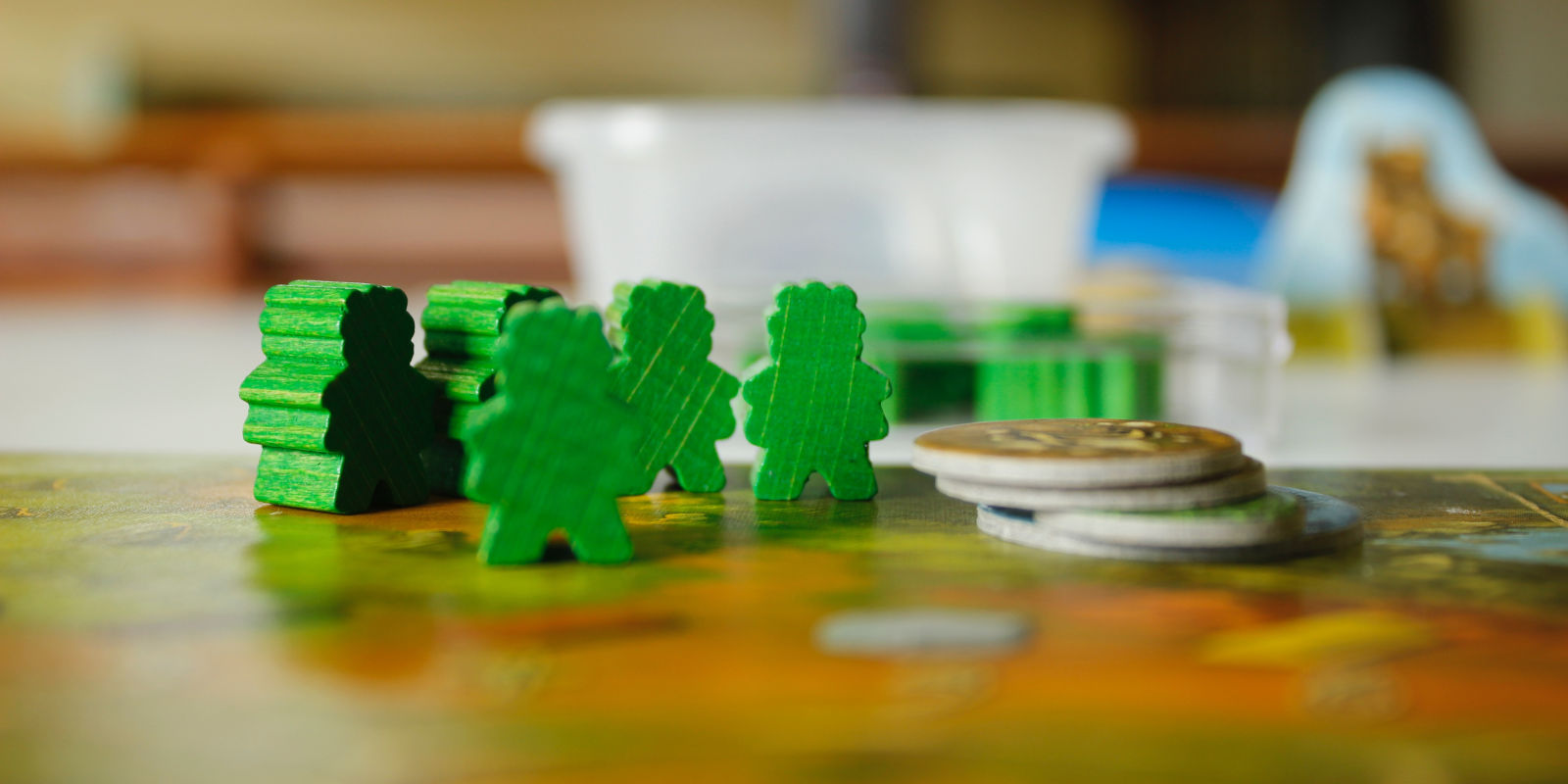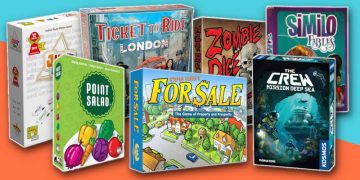Spend a day browsing any online board gaming community and you'll have furrowed brows at all the board game terms.
What's a CCG or LCG and how's it different from a TCG? Why is there such a divide between Ameritrash and Eurogame gamers? The heck is a meeple, anyway?
Here's a crash course on the most common board game terms you should know if you're getting into hobby and intend to hang out with more board gamers. You'll be an expert overnight!
1. Ameritrash
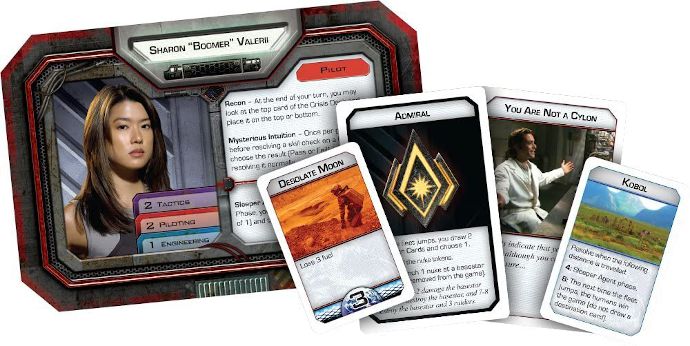
Ameritrash is a derogatory term for "American-style games," which loosely describes the tendency for American game design to focus heavily on theme, conflict between players, longer playtimes, and a higher degree of luck through dice rolls or card draws. A more neutral version of this term is "amerigame."
2. Eurogame
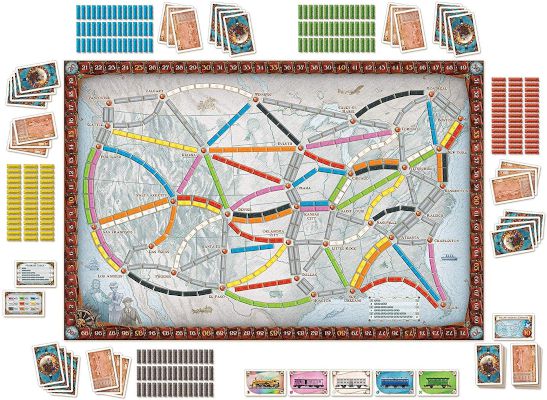
As opposed to ameritrash games, eurogames shy away from player-versus-player conflict and focus more on indirect interactions. They're also lighter on theme, so much so that they sometimes edge into abstract territory.
Luck is frequently minimized in eurogames due to a greater emphasis on strategic decision-making. Eurogames are sometimes called "German-style games."
3. Filler Game
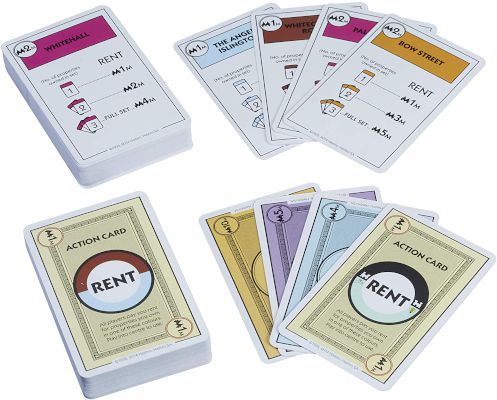
Filler games are the kinds of board games you play to kill time, often while waiting for people to arrive for game night or when you're traveling and need to pass the time in short bursts.
They're commonly lightweight with few components, don't demand much mental energy, and can be played in under 15 minutes.
4. OOP
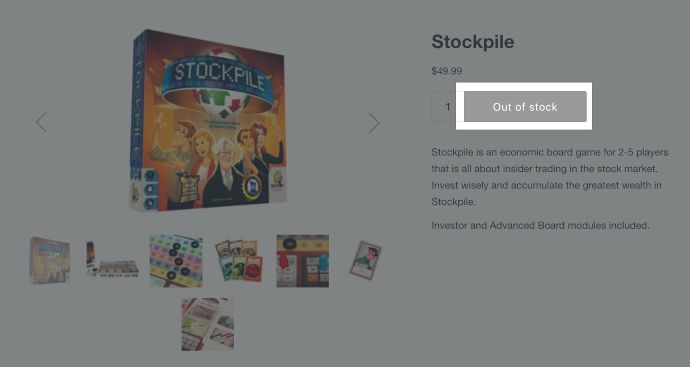
OOP stands for "out of print." It's a term that describes games that are no longer being manufactured by the publisher, meaning the only way to obtain the game is to find one of the remaining unsold copies or manage to buy it used.
5. PNP
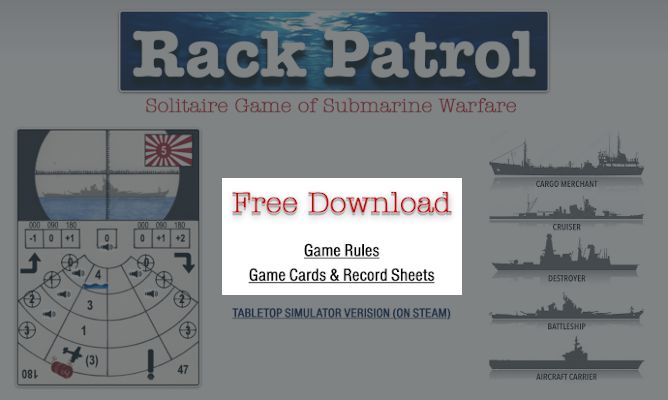
PNP stands for "print and play." It's a term that describes board games that don't have to be bought in a store; instead, you can download the components and print them out yourself.
In some cases, printing and playing a board game can be unethical if the components weren't made available by the original publisher. But there are many board games that are legally released as PNP games. (Most are card games since cards are easy to print.)
6. Meeple
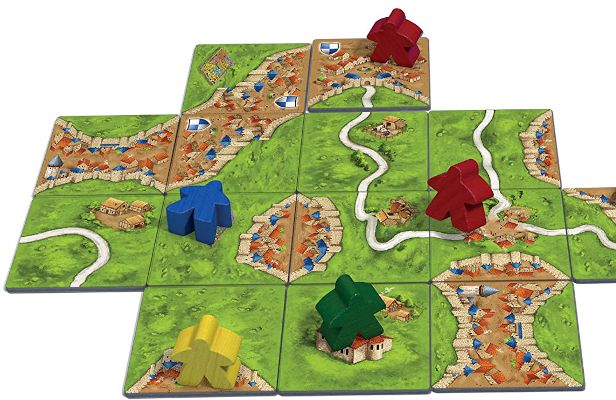
A meeple is the abstract wooden figure that's used in many different board games—most often eurogames—which has become something of a mascot for board gaming in general. Meeples originated in the game Carcassonne.
7. Board Game Insert
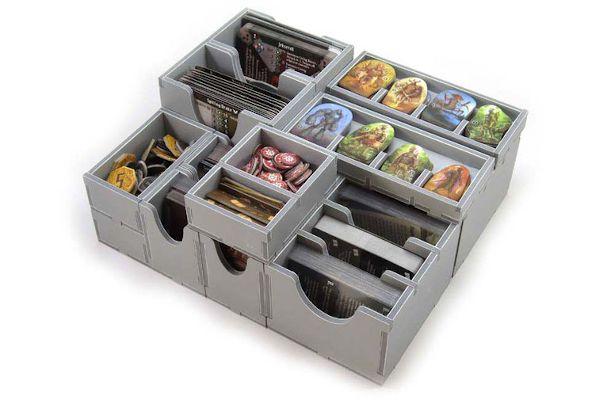
Board game inserts are organizers that are inserted into board game boxes to help keep all the components safe and tidy.
There are companies that sell inserts specifically for certain board games, especially complex ones with lots of high-quality pieces. Inserts can also be made DIY with plastic, wood, or cardboard.
8. Point Salad Game
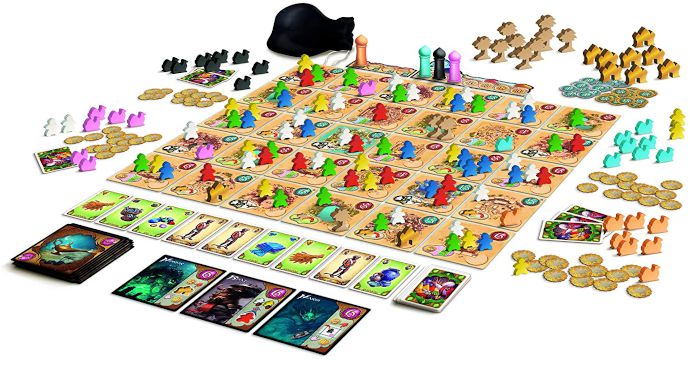
Point salad games are board games that have many different ways to earn victory points—and in extreme cases, board games where every action you take rewards you with some victory points.
The term is often used in a derogatory way because these games can quickly become chaotic and unruly, and many board gamers look down on point salad games as casual or unskilled.
9. Social Deduction
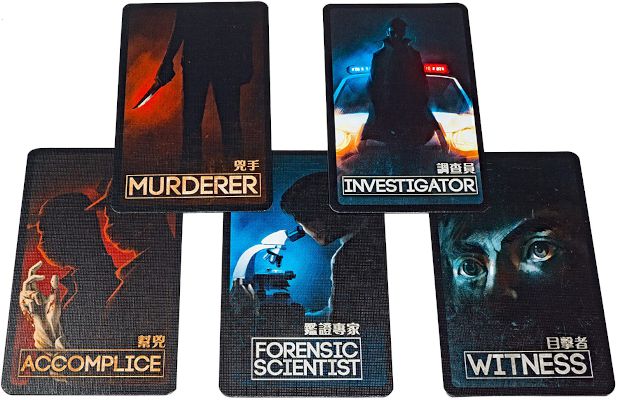
Social deduction is a genre of board games that involve hidden information, where one of the main goals of the game is to suss out (or deduce) what that information is.
Many social deduction games involve players with secret identities or roles that need to be uncovered. The social element of social deduction games usually has players working together toward a common goal, often with one or more hidden traitors.
10. CCG
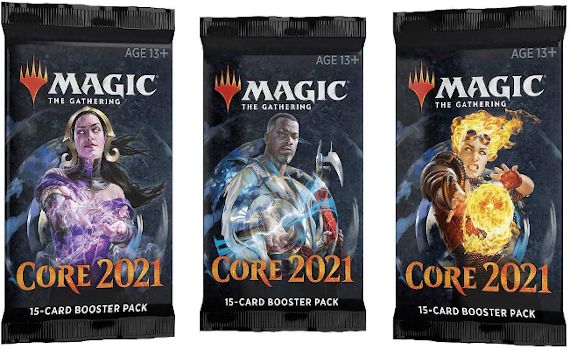
CCGs are collectible card games, which is often used synonymously with TCGs (trading card games). Think Magic: The Gathering and Pokemon.
Whereas most board games come with all cards and pieces in the initial box, CCGs involve a huge pool of manufactured cards that need to be collected one by one (or via booster packs).
Cards in CCGs usually have different rarities—some cards are printed in greater volume than others—and players build decks from the cards they possess to face off against others.
11. LCG
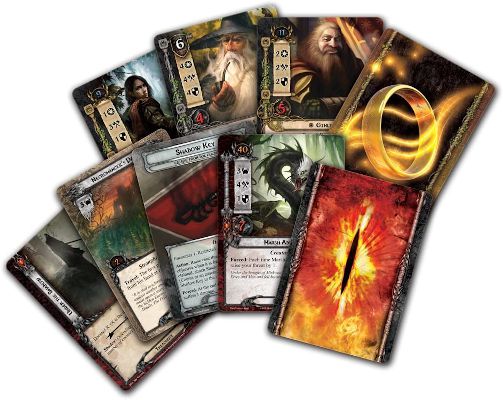
LCGs are living card games, which are similar to CCGs but with one major distinction: cards in LCGs are released as box sets where each set comes with a fixed pool of cards.
While both LCGs and CCGs are deckbuilding games, LCGs minimize a lot of the luck needed to acquire cards. As such, they're less expensive to play, easier to get into, and appeal to a wider audience (instead of only hardcore collectors).
12. Worker Placement Games
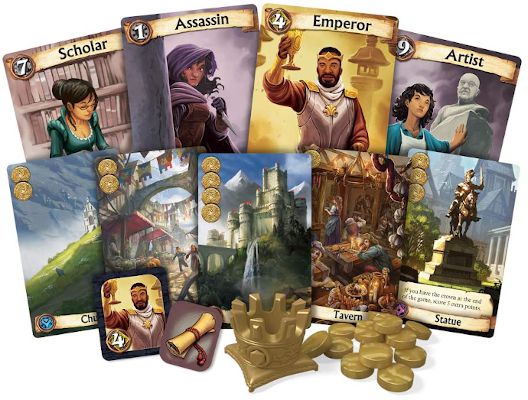
"Worker placement" is a bit of a misnomer because it isn't really about placing workers on the board. A more descriptive term would be "action drafting."
This is a genre of board games where all players share one pool of possible actions. Each round, players take turns selecting which action they want to take (which makes that action unavailable to other players during that round).
13. Press-Your-Luck Games
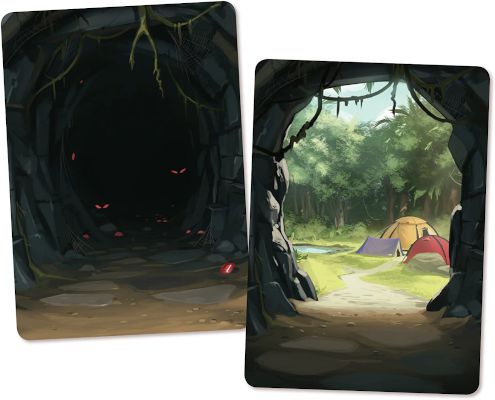
Press-your-luck games are board games where players have to repeated make decisions that come with risks. It's up to the player to decide how far they want to go before stopping; one action too many and they might lose everything they gained that turn.
A well-designed press-your-luck game oozes with tension because you're trying to outperform the other players, leading to agonizing decisions between risk and reward.
14. Roll-and-Write Games
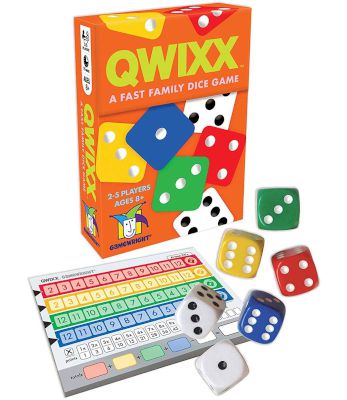
Roll-and-write is a genre of dice games that involve a predetermined worksheet handed out to players, repeated dice rolls, and the goal of filling out said worksheet based on the results of those dice rolls. The most classic example is Yahtzee.
15. Analysis Paralysis

Analysis paralysis occurs when a player is faced with many possible actions and can't decide which one to take because there are too many factors to consider.
Simple games and complex games can both induce AP, so it's not necessarily a feature of any particular game type or genre. It's more of a personality trait that manifests in perfectionists, min-maxxers, and people who can't stand losing.
